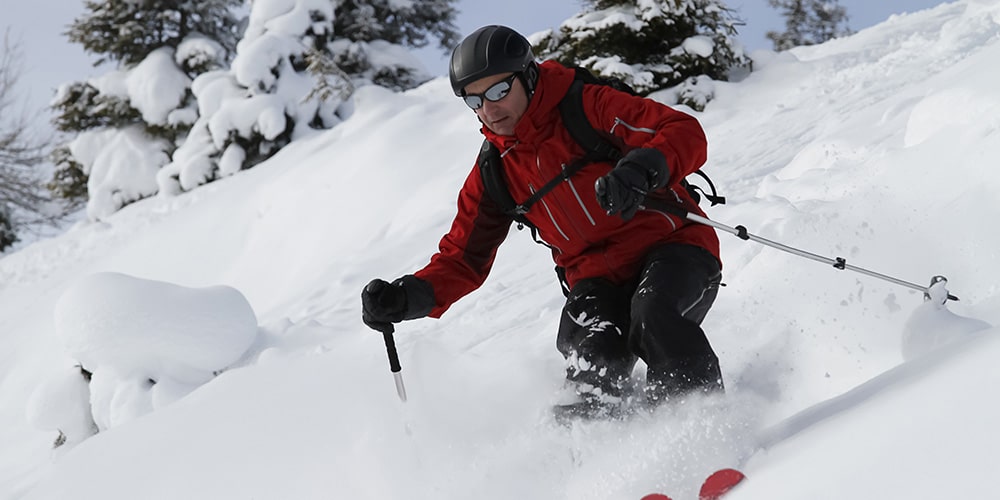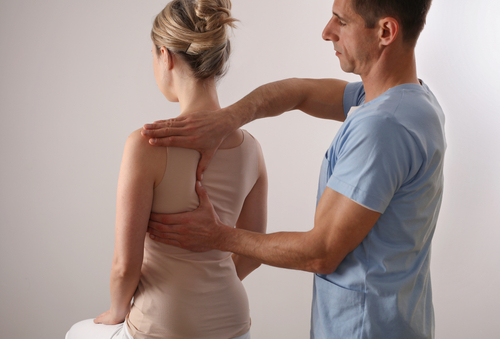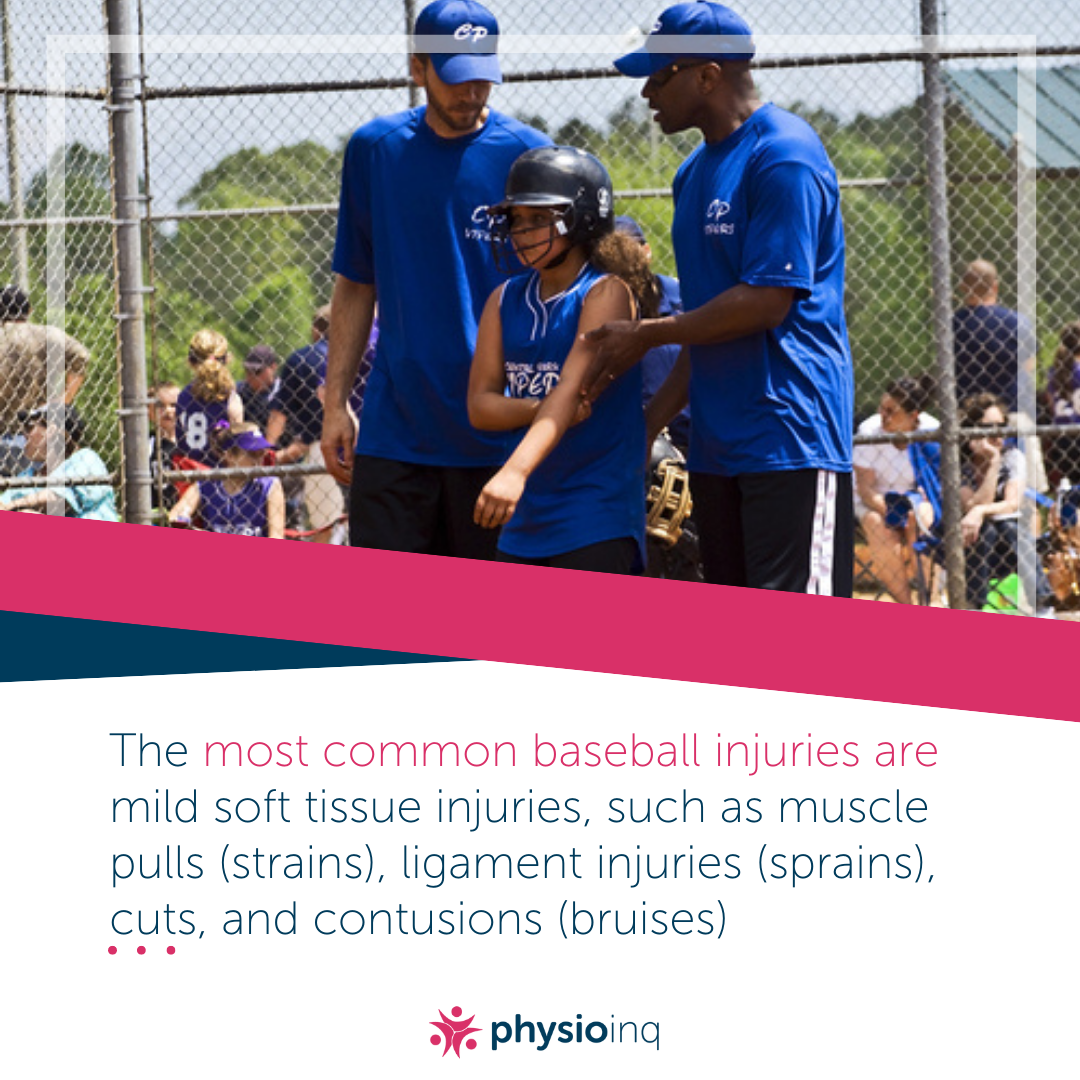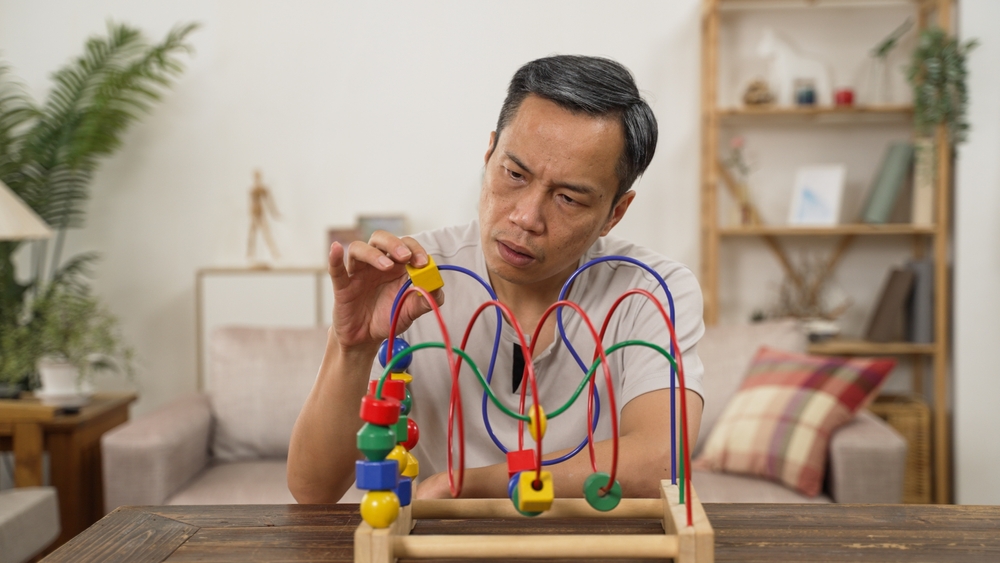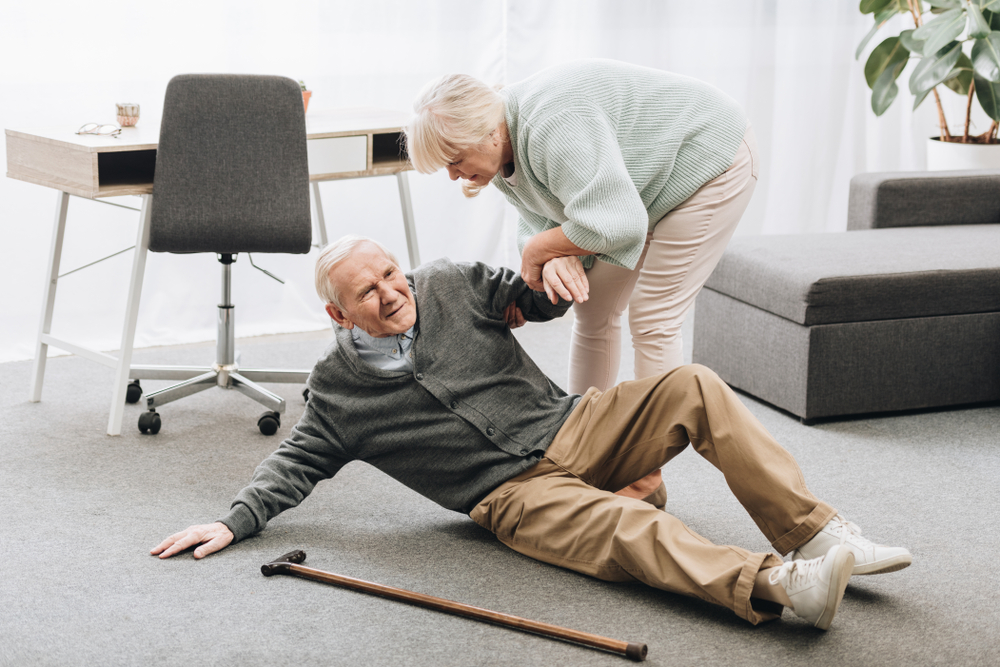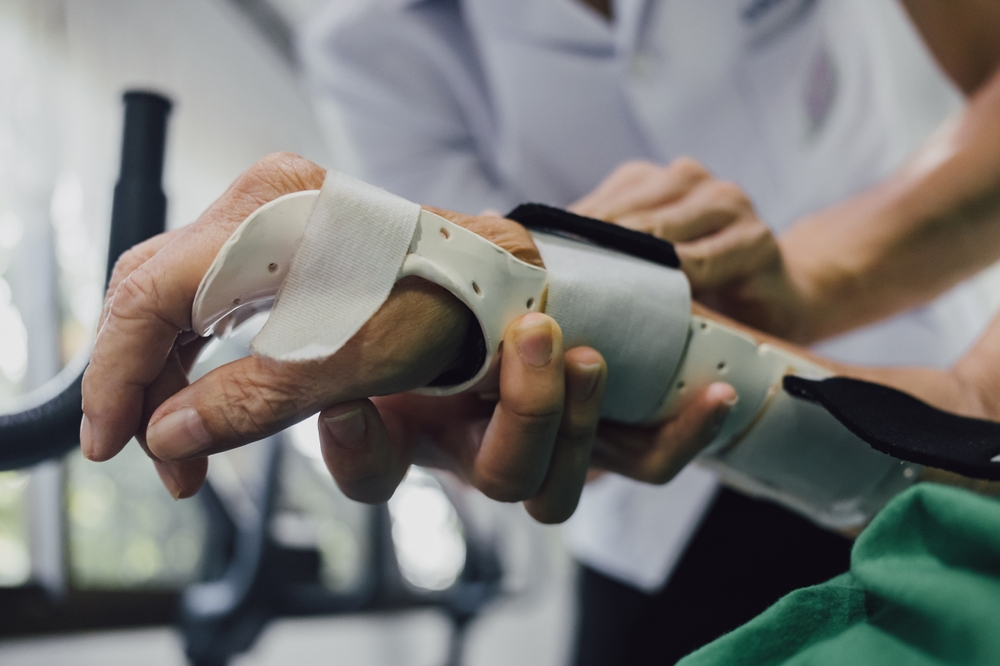Make an Appointment
Do you often feel some form of discomfort right between your shoulder blades? Does it not want to go away? Let's see what might be the culprit!
Rhomboids are a group of muscles situated between your shoulder blades and your spine, on both sides of your back, and can be a common area of pain. But, contrary to most management options, the source of such pain might not be the rhomboids at all! There are a lot of potential causes for discomfort in that area, including thoracic or cervical spinal discs, paraspinal muscles, middle trapezius muscles, pectorals, serratus anterior muscles or dorsal scapular nerve entrapment.
In fact, 50% of people with some form of cervical radiculopathy (irritation at nerve roots in the neck) report pain in the rhomboid area. This symptom can persist alone well before any arm or hand symptoms occur. For some it might be the only symptom that occurs! Nerve irritation can sound scary, but often just means some tissues are sensitive, and doesn’t necessarily mean damage or pinching. (Tanaka et al. 2006) It’s always important to have a proper diagnosis from a trained physiotherapist*** regarding the root cause of your issue, and rhomboid pain is no exception, especially when it keeps coming back. The good news? Management almost always involves increasing your movement, in the right directions to promote blood flow, healing and overall pain reduction. Let’s go over a few options!
Mobility
Heel sitting cat-cow: Rocking back onto your heels, keep your hands on the floor in front of you and try to curve your spine up and down, taking a few seconds to go each direction until you feel a nice squeeze.
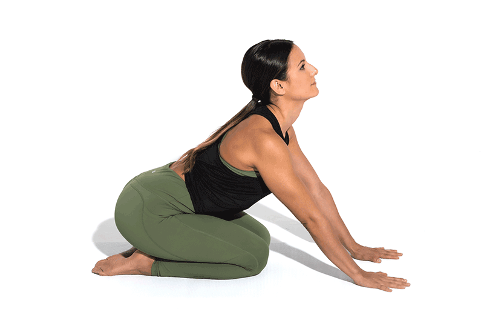
Butcher’s block:
With elbows supported at hip level, actively push your chest towards the floor to open up your spine, while bending your arms at the elbow to add an extra level of stretch. Hold a resistance band or broom in your hands to keep your left and right side in line with each other.
Check out this stretch called Butcher's Block. Image Source Dendarts.com
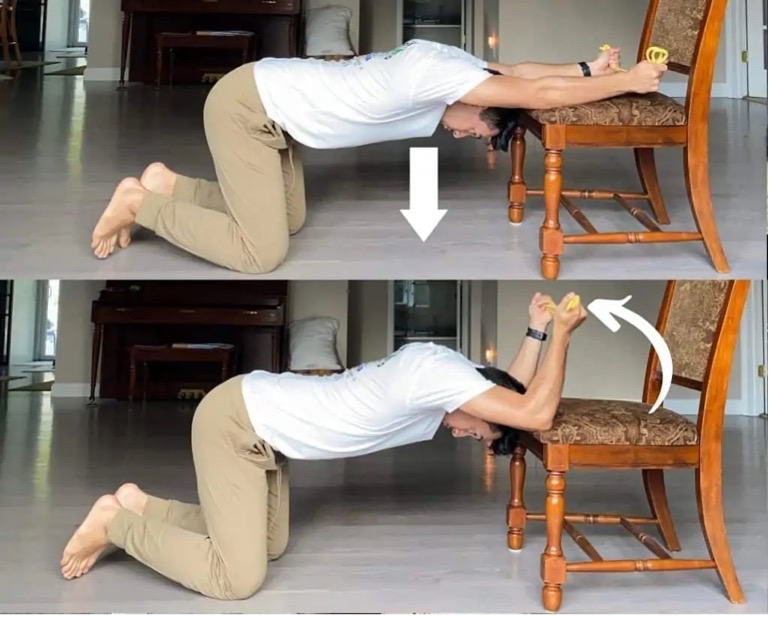
Lying archers
Lie on your side, with your top leg bent with knees closer to chest. Point your arms in front of your face, then swing your top arm up over your body till it reaches the floor on the other side. Try to get both shoulders on the ground to unlock rotation in your upper thoracic and your lower cervical spine.
Check out this stretch called Lying arches. Image Source Poise Health.co.uk
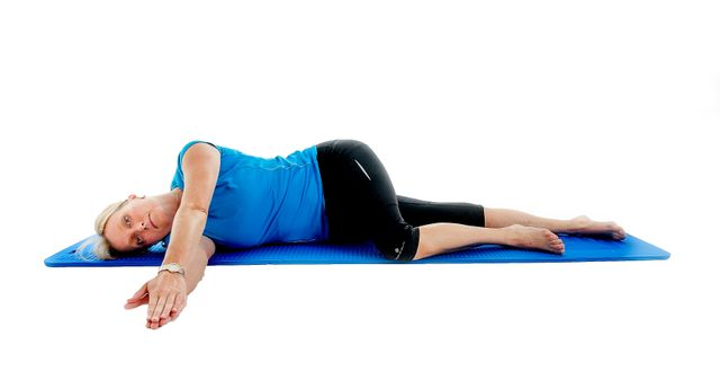
Strength
Push up plus:
Get into a tall plank position, keeping your elbows straight the whole time. Let your body lower itself at the shoulders before pushing through your hands to rise back up again. This is only a small movement, but a powerful exercise to help strengthen and mobilise your shoulder blade muscles. If too difficult, try starting on your knees first.
Check out this stretch called Push up plus. Image Source Barmethod.com
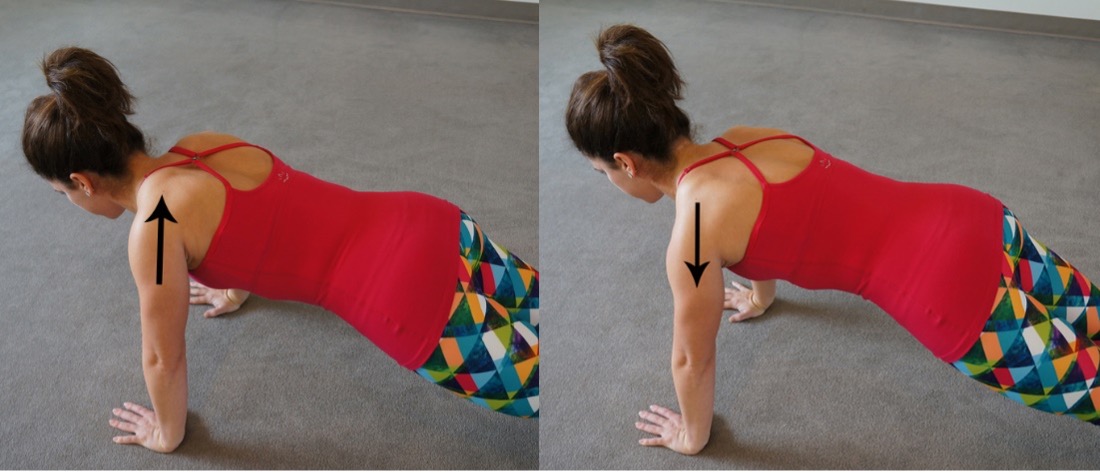
Y raise:
Lying flat, move your straight arms into a big “Y” position, raising them just off the floor. Try not to shrug your shoulder up towards your ears. Another small, but powerful movement.
For all of these movements, aim to keep them pain free. Knowing the difference between what feels like pain, and what feels like a good stretch or workout can be a key piece of the puzzle for rehabilitation.
Check out this stretch called Y raise. Image Source Muscle and Fitness.com
*Tanaka, Y., Kokubun, S., Sato, T., & Ozawa, H. (2006). Cervical roots as origin of pain in the neck or scapular regions. Spine, 31(17), E568–E573. https://doi.org/10.1097/01.brs.0000229261.02816.48
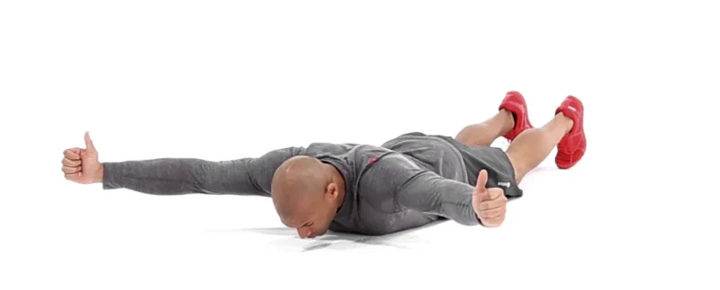
Date Published: Wednesday, June 29, 2022
Date Modified: Thursday, November 16, 2023
Locate a Mobile Physiotherapy
Service Near me
Get the experience & convinence you deserve to support your or a loved one's allied health needs.
Our Mobile Physiotherapy team are currently serving & taking appointments in the following states and regions in Australia:
New South Wales
- Blacktown
- Blue Mountains
- Campbelltown And Macarthur
- Canterbury-Bankstown
- Eastern Suburbs Sydney
- Georges River
- Hawkesbury
- Inner East Sydney
- Inner West Sydney
- Lake Macquarie
- Lower North Shore
- Newcastle
- Northern Beaches
- North Sydney
- Parramatta
- Penrith
- Southern Highlands
- South West Sydney
- Sutherland Shire
- Sydney CBD
- The Hills Shire
- Upper North Shore
- Waverley
- Wollongong
Tasmania
Victoria
Need to get into direct contact with ur Client Services team? We're all ears. Call our team directly on 1300 731 733

